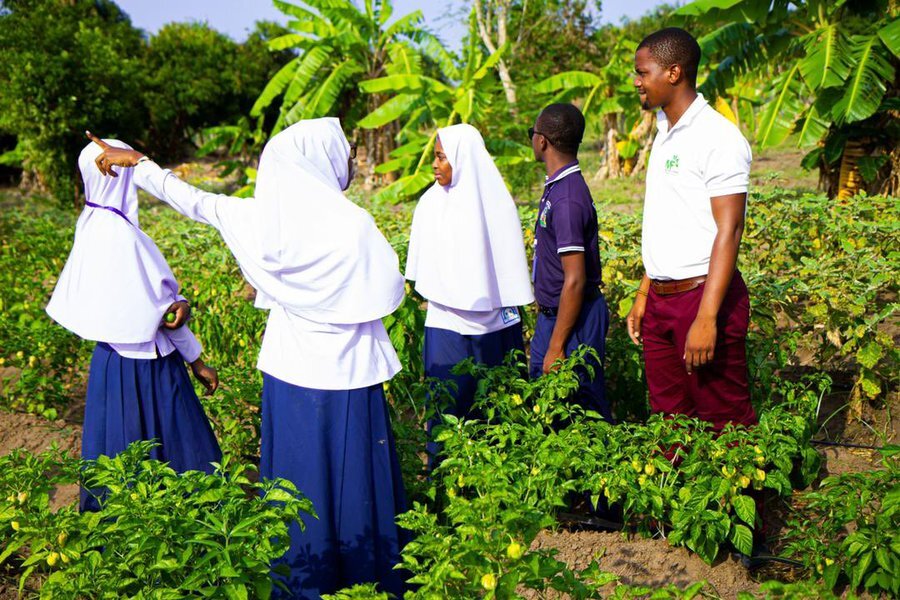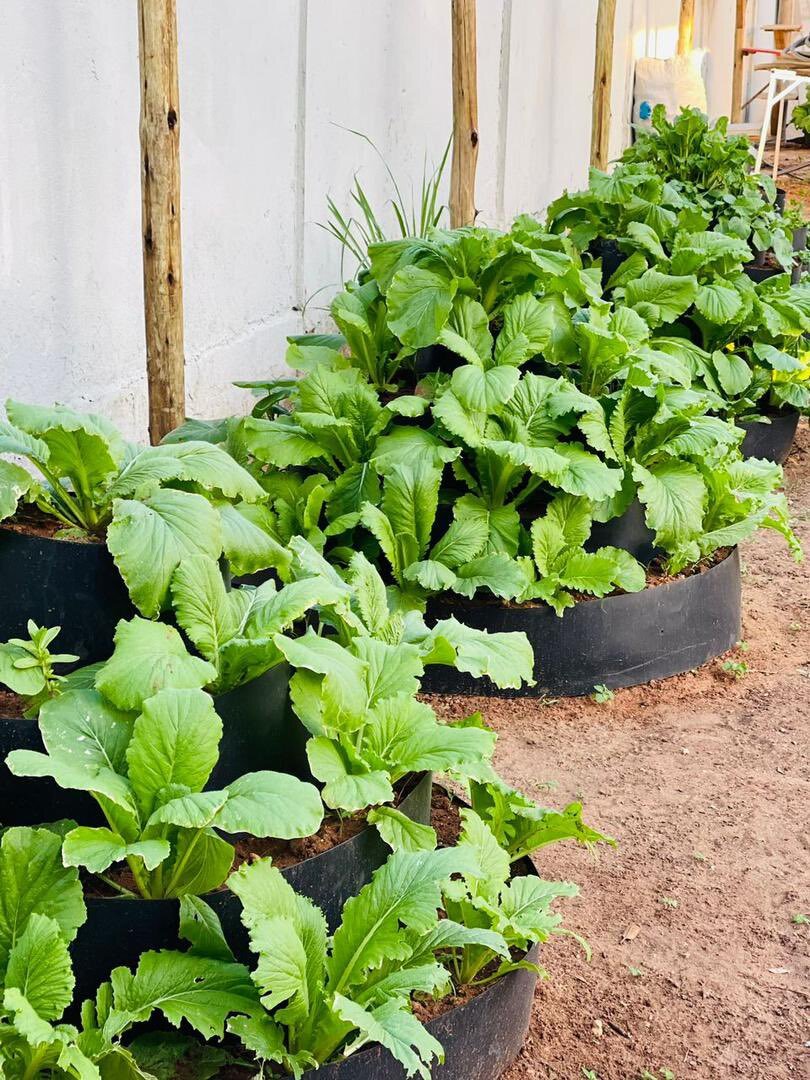Dar es Salaam.The COP28 UAE Declaration on Sustainable Agriculture, Resilient Food Systems, and Climate Action underscores the urgent need for global collaboration in the face of escalating climate threats to agriculture.
Tanzania is among 152 countries that endorses the declaration on the ongoing summit held in Dubai, United Arab Emirate for the 28th Conference of Member States of the United Nations Convention on Climate Change (UNFCCC-COP28) just few days before it concluded on December 12, 2023.
Nations commit to immediate adaptation and transformation, emphasizing agriculture’s pivotal role in innovative climate responses. The primary goal is to ensure resilience, address hunger, malnutrition, and economic challenges while fostering shared prosperity amid climate imperatives.
The declaration outlines key objectives, pledging to prioritize climate action by scaling up adaptive measures for farmers and fishers, offering financial and technical support, and promoting sustainable food security and production.
Vulnerable groups, particularly women, children, youth, Indigenous Peoples, smallholders, and persons with disabilities, receive targeted support through social protection and research.
Integrated water management in agriculture is highlighted to ensure sustainability and minimize adverse impacts on communities. Balancing climate benefits and harms involves conserving and restoring land and ecosystems within national contexts, integrating agriculture and food systems into climate action across policy agendas.
By 2025, nations commit to inclusive engagement, integrating agriculture into key climate strategies. Policies will align to boost incomes, cut emissions, and enhance resilience, with a focus on nutrition, water efficiency, and ecosystem health.
Diverse finance sources, including public-private partnerships, will fund climate adaptation in agriculture. Evidence-based innovations, including indigenous knowledge, aim to enhance productivity, resilience, and rural livelihoods.

The declaration concludes with a commitment to a fair multilateral trading system, emphasizing transparency and inclusivity. Ministries will collaborate across sectors, sharing progress at COP29 through ongoing reviews and global engagement, reflecting a collective determination to address climate challenges and secure a sustainable future for global agriculture and food systems.
Stakeholders’ viewpoint regarding the declaration
Agriculture stakeholder Audax Rukonge said the success of the declaration depends on two things, which are the political will and the inspiration of the people, because implementation, management, and decisions depend to a large extent on political wiliness, and when this is lacking, citizens can push the government to implement the agenda.
He says “the country has good strategies for agriculture and food systems, and we have seen a political reaction to that, such as an increase in the budget in recent years, research on crops and seeds, subsidies on agriculture, and even the Agricultural Development Bank (TADB) has lowered interest rates, which commercial banks are following.”.
But Rukonge, who is a former Executive Director of the Agricultural Non-State Actor Forum (Ansaf), expressed concerns on some aspects, noting that “I don’t know to what extent there is implementation. But does it arrive on time? Because the issue of climate change is a matter of timing and urgency.”.
Talking about integration between the ministries, he said the issue of agriculture and food systems is not only for the Ministry of Agriculture; he mentioned the Ministry of Industry and Trade and the Ministry of Finance, which tax plans or reforms have been put in place to support the implementation of the Agricultural Development Plan (ASDP II) or other initiatives.
“Having a good integration helps to attract investment and the private sector. That’s why I emphasize the issue… but also the participation of stakeholders like the media is needed for issues like providing education,” he added.
Rukonge advised the inclusion of the most affected groups, such as indigenous farmers, children, and women, and that the most affected areas should not be left behind. He was quoted as saying, “We should leave no one behind.”.

Ministry of Agriculture Director of Crop Development, Nyasebwa Chimagu, outlines five key issues, mentioning research, irrigation, water conservation, dealing with pests and diseases, and information sharing that are key in making reforms.
“The ministry has devoted itself to seed research that is climate resilient; examples are sunflowers, “Record” seeds, and maize “T105” that have been proven to work,” he said, noting that in the current budget, the government has set aside Sh80 billion for agriculture research.
The Director further noted that, due to little rain in recent years, the government is providing education to farmers on how they can conserve water in rainy seasons and, in another area, repairing and building irrigation infrastructure.
Dealing with pests and diseases, he mentions the Tanzania Plant Health and Pesticides Authority (TPHPA), an organization that has the capacity to give out information and forecasts that deal with annoying insects and diseases. He also mentions supporting and improving traditional ways of dealing with pests and diseases, giving the example of the neem tree, which is toxic to some pets.
Agriculture Tech Company Altitude X Managing Director Rose Funja suggested the country should integrate the concept of digital public infrastructure (DPI) into Tanzania’s Climate Smart Agriculture (CSA) initiatives, which she believes can enhance effectiveness and efficiency.
“DPI involves leveraging digital technologies to provide foundational services and data that can be accessed by the public, businesses, and government entities. And it consists of digital weather and climate information and precision agriculture technologies.
She then says Foster partnerships with technology innovators, startups, and research institutions to continuously explore and integrate cutting-edge digital solutions into CSA initiatives are key issues and to encourage the development of open APIs (application programming interfaces) to promote interoperability among different digital tools and platforms.
“To encourage data collaboration for CSA, incentives include financial rewards, tax benefits, and priority access to government resources for active contributors. Recognition programs, capacity-building support, and transparent data ownership agreements foster engagement. Public-private partnerships, collaborative research opportunities, and certification systems enhance participation,” she advises.
This story was produced with support from MESHA and the IDRC Eastern and Southern Africa office.


